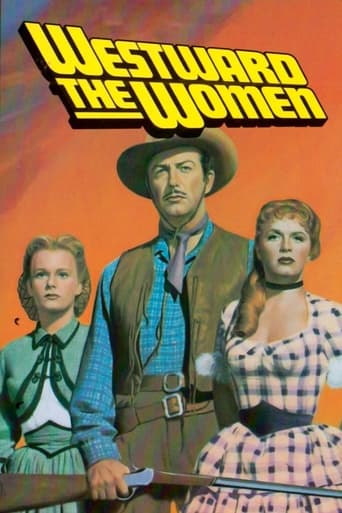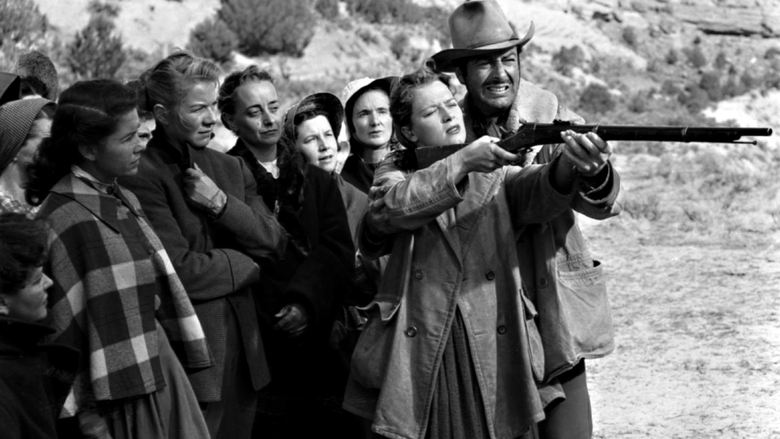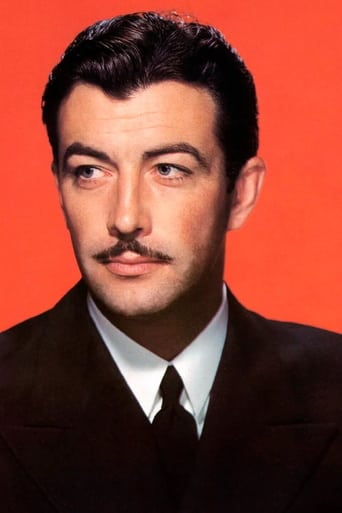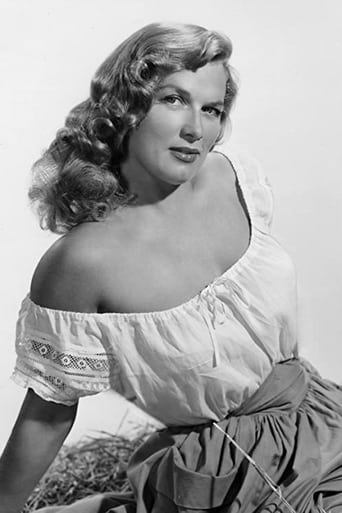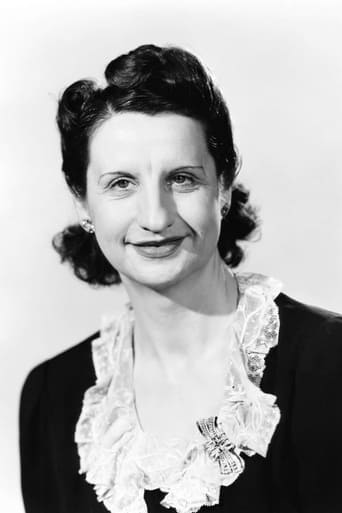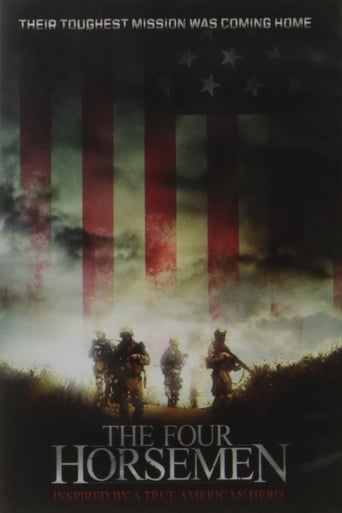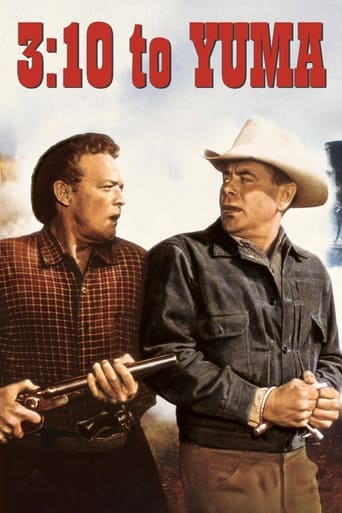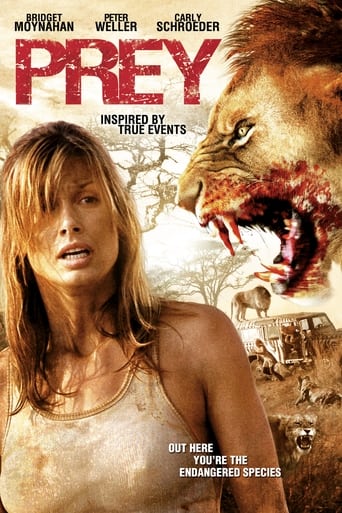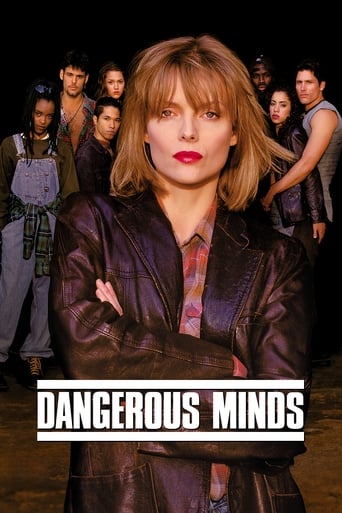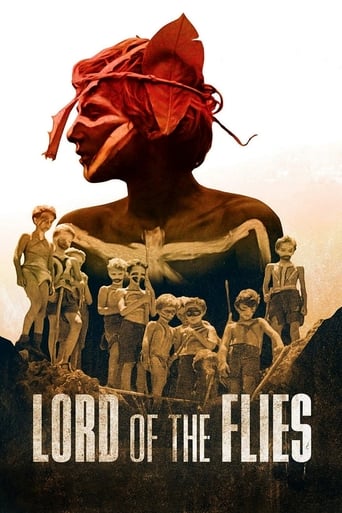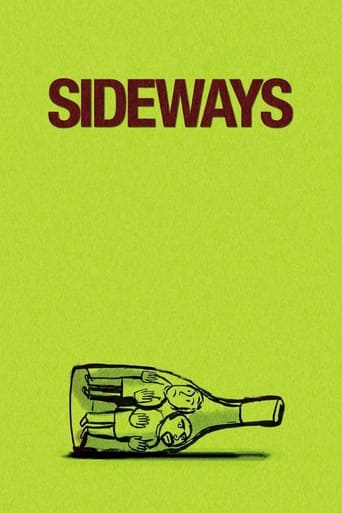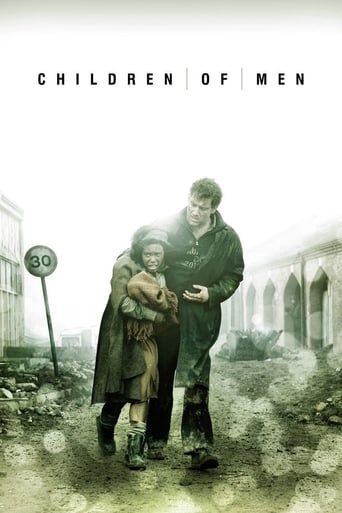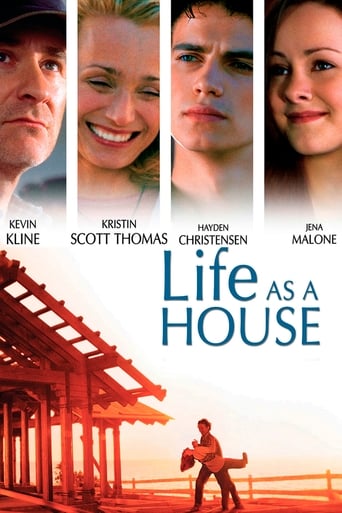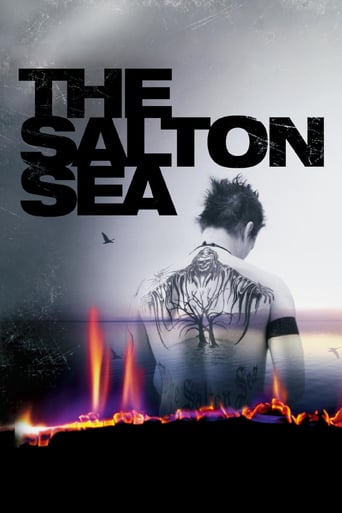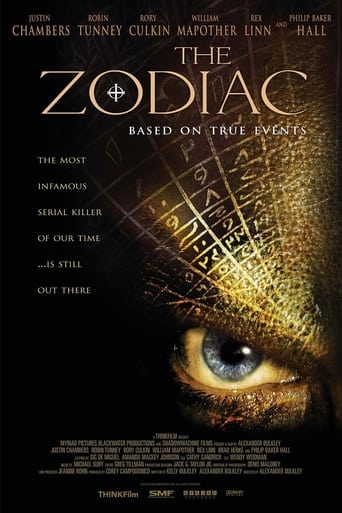Westward the Women (1951)
There's a deficit of good, honest women in the West, and Roy Whitman wants to change that. His solution is to bring a caravan of over 100 mail-order brides from Chicago to California. It will be a long, difficult and dangerous journey for the women. So Whitman hires hardened, cynical Buck Wyatt to be their guide across the inhospitable frontier. But as disaster strikes on the trail, Buck just might discover that these women are stronger than he thinks.
Watch Trailer
Free Trial Channels
Cast


Similar titles
Reviews
Wonderful character development!
To me, this movie is perfection.
Self-important, over-dramatic, uninspired.
It isn't all that great, actually. Really cheesy and very predicable of how certain scenes are gonna turn play out. However, I guess that's the charm of it all, because I would consider this one of my guilty pleasures.
Westward the Women is directed by William Wellman and adapted to screen by Charles Schnee from a story written by Frank Capra. It stars Robert Taylor, Denise Darcel, John McIntire, Hope Emerson, Julie Bishop and Henry Nakamura. Music is by Jeff Alexander and cinematography by William Mellor.A most important Western, one that demands to be seen by lovers of the genre. Plot finds Taylor tasked with escorting over 100 women from Chicago to California, their goal is to find marital harmony at Whitman Valley. They must overcome extreme conditions, from that of the natural terrain, hostile invasions, and inner fightings via passions and suspicions. This is a wagon train of some difference.The key issue here is that this MGM production puts up front and centre the fact that women played a key part in the shaping of the frontiers. It manages to have the expected cute and funny scenarios, but not at the expense of viable assertive drama, nothing denigrates how strong, brave and driven these women were. Some of the gender politics look a touch suspect today, and occasionally some of the framing devices for the women are over staged. There's also the irritant of stereotyping Nakamura's Asian character, but these are small quibbles all told. For this is a unique and fascinating Western, something of a banner movie for telling a side of the "West" we hardly have ever see on film. 7/10
A top ten favorite. From the first time I tuned in partway through, this movie has been special to me. For years, I read the movie guide every week waiting for it to come on. A full explanation would take a chapter, and much of what I'd say has been said quite well by others, but here are some aspects of it.The ensemble cast is superb. It could even be that not knowing most of their names (until IMDb came along!) made them even more real, and their reactions to everything from tragedy to new life rings true all the way. Little details that I didn't see the first few times keep it fresh, too: after Jean and Maggie's antagonism boils into a fist fight, they quietly become friends. I could wish that Henry Nakamura's character wasn't such comedy relief, but he's tough and stands up for himself and defies The Boss in his way.Nothing comes cheaply or as a throwaway. The light comedy at the end has the resonance of 1500 miles of heartbreak to leaven the laughter. The emotions that the movie draws are all earned. Characters who die go in unromantically realistic ways, and aren't telegraphed in any heavy-handed way, and their loss hits hard every time I see this.As the women develop, Buck's attitude changes. At the end of the movie, he respects them fully. (Interestingly, Buck's slips from the moral high ground are accompanied by tragedy: When he falls in love with Dannon, Indians attack the wagons. When he gets drunk, Laurie drowns in the flood.)There's so much to watch this movie for, and it rewards every viewing. That's why it's one of my favorite movies.
John McIntire approaches wagonmaster Robert Taylor with an interesting job and challenge. He wants to bring brides west to the settlement he's founded in the southwest United States. Taylor hires on a bunch of hands to escort the women and issues a no fraternization policy. When one of them tries to rape one of them, he shoots him out of hand. It's the unsettled frontier and as wagonmaster he's the law on that train as much as a captain on a ship at sea. Of course the hands mutiny and strand Taylor, McIntire, cook Henry Nakamura and the women.This was a perfect western film for the post Rosie the Riveter generation. No reason at all why women couldn't deal with the rigors of a wagon train. Of course it helped to have the formidable Hope Emerson along.Of course men and women will be men and women and Taylor breaks his own no fraternization policy with Denise Darcel. Of course this is away from the train when Darcel runs off.William Wellman delivers us a no frills unsentimental western with gritty performances by Robert Taylor and the rest of the cast. In a bow to his colleague John Ford, Wellman does have a courtship dance at the settlement. I liked the use of the fiddle music playing Believe Me With All Those Endearing Young Charms and Drink to Me Only With Thine Eyes. Ford couldn't have staged it better.Henry Nakamura had made a big hit in MGM's Go For Broke about the Nisei division in Italy. He was a funny little guy, I'm not sure he was even five feet tall. I loved the scene when he and Taylor find a stash of buried liquor and proceed on a toot. This was his last film though, roles for oriental players were hard to come by. I wonder whatever happened to him.If you like traditional cowboy films, this one ain't for you, but given the constraints of 19th century society for the role of woman Westward the Women is quite a revelation.
This is one of the few feature narratives in U.S. cinema about females primarily, that takes place in a wilderness setting. Yet its ethical central character is a veteran scout, one who takes on the job of leading a wagon train predominantly manned by females emigrants across the length of the wagon road West. it is relatively well-acted, shot very much in suitable outdoor locations. It is a gritty B/W drama with some of the densest B/W contrast in daylight ever achieved on film. Adventurer, flier and veteran director William A. Wellman has achieved virtues like this in other films; some, myself included, regard this as one of his best directorial achievements. The story begins with John Mcintire asking Robert Taylor as the scout to lead the women who have signed up as wives, to those men working on his holdings, across the country. Taylor does not believe the feat can be performed; he knows the route better than anyone. But he accepts the job and being the sort of man he is--honest and fearless--he does not promise results, only to do what he can... The man who hires him knows him well enough to figure that will be the best effort he can mount. When he arrives among his new charges in the East, he finds them naive, a bit apprehensive in some cases but determined. Some can shoot; and all are resolute. What later US victims of public-corporate bureaucratic imperialism forget is that those who went West in the 19th century were seeking something and running away from something at the same time. What united those who trekked West was "greed'--"an inordinate desire for something"; something they wanted that the ordinary run of folks either did not want or would not risk enough to set at the forefront of their life's interests. They wanted to make a new life in a new zone, yes; but they also wanted to escape the pseudo-Christian and statist restrictions, bad government and controls of a denigrating society first under the Whigs and then under the racist so-called Progressives and republicans. Taylor does lead the train forward. The female pioneers encounter bad terrain, drought, dust, physical hardships, disease, Indians, accidents, weather and doubt. One Italian woman's son dies; a baby is born. The women disobey, have to be disciplined, one is raped, by one of the few men accompanying the train; others battle, grow weary or get frustrated or have their very sanity threatened. One of the high moments of artistry in the film occurs after the women have fought off an Indian attack, as the women call out the names of their dead to their wagon-boss, as we see one by one the victims of this cruel fortune, who had come so far only to die in the middle of nowhere. But the crisis is worth the journey and its hardships, we are shown. At the last, the women refuse to go forward until they can wash, dress, and prepare to meet the husbands they have never seen before. By this time, Taylor himself has fallen in love with rebellious Denise Darcel, and they join the line of those going up to the preacher to be married. In the large cast besides the three stars, Hope Emerson is an award-worthy standout. Fine actress Julie Bishop, Henry Nakamure as Taylor's aide, Renata Vanni, Lenore Lonergan, Marilyn Erskine and Beverly Dennis have the largest roles. The others are mostly unknown, except for Claire Carleton, George Chandler and Mikel Conrad. There is hardly any music except at the end and the beginning. William C. Mellor provided the excellent stark cinematography. the art direction was by Daniel B. Cathcart and the great Cedric Gibbons, set decorations by Edwin B. Willis and Ralph S. Hurst, the costumes, which were most suitable, by Walter Plunkett. This is an unusual and moving production in my view; a classic and an often--imitated film, ever since it was first presented on-screen. The script developed from a Frank Capra story idea by Charles Schneer is all-the-more-amazing since it was produced in a country bigoted against female equality, heroic qualities and rights from its supposedly-individualist beginnings due to pseudo-Christian misgivings about the wisdom of admitting half of humanity to human status.

